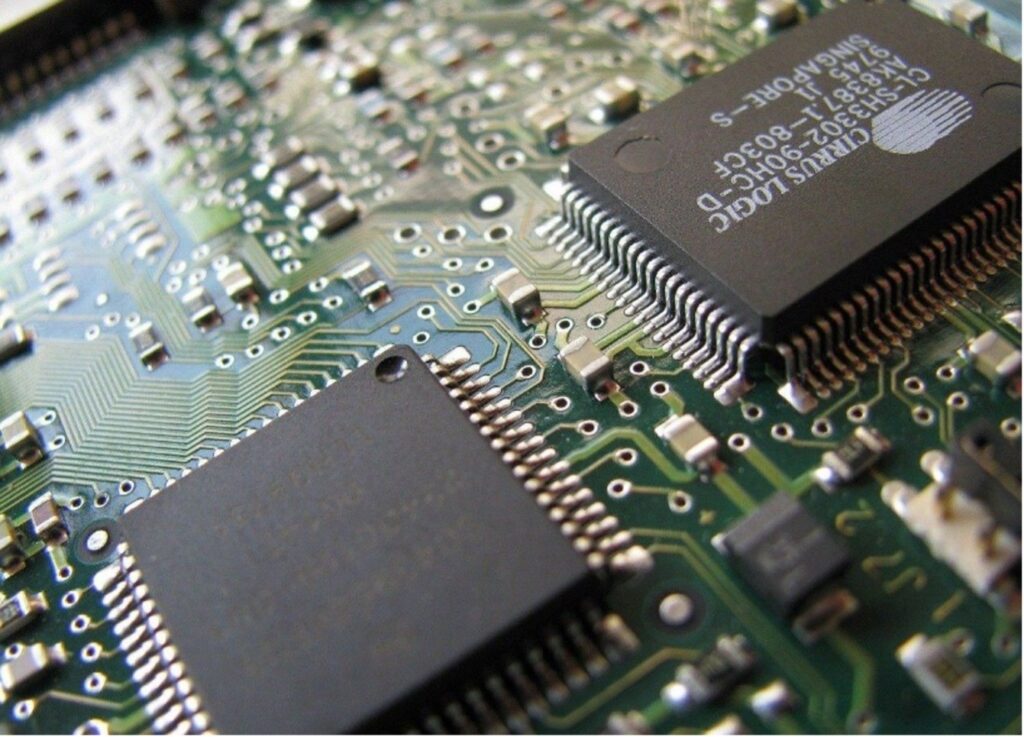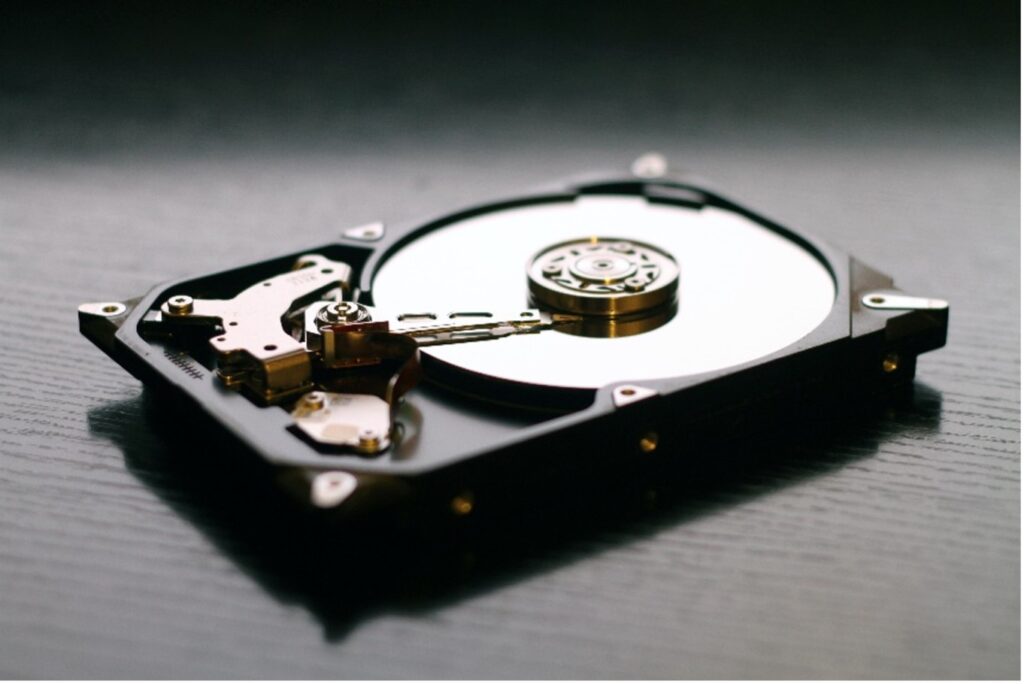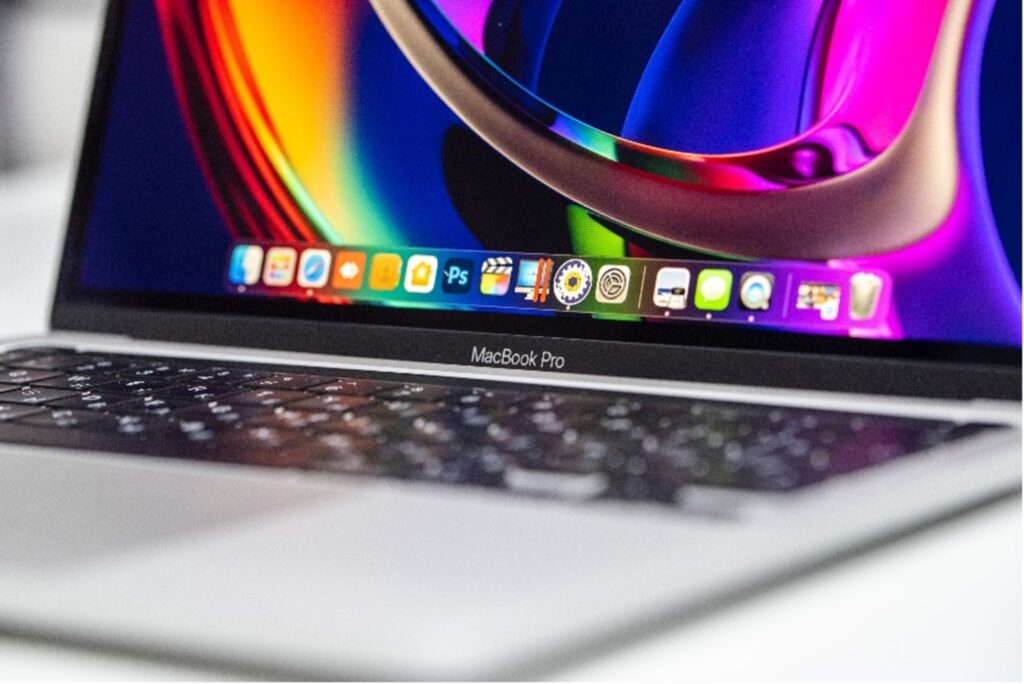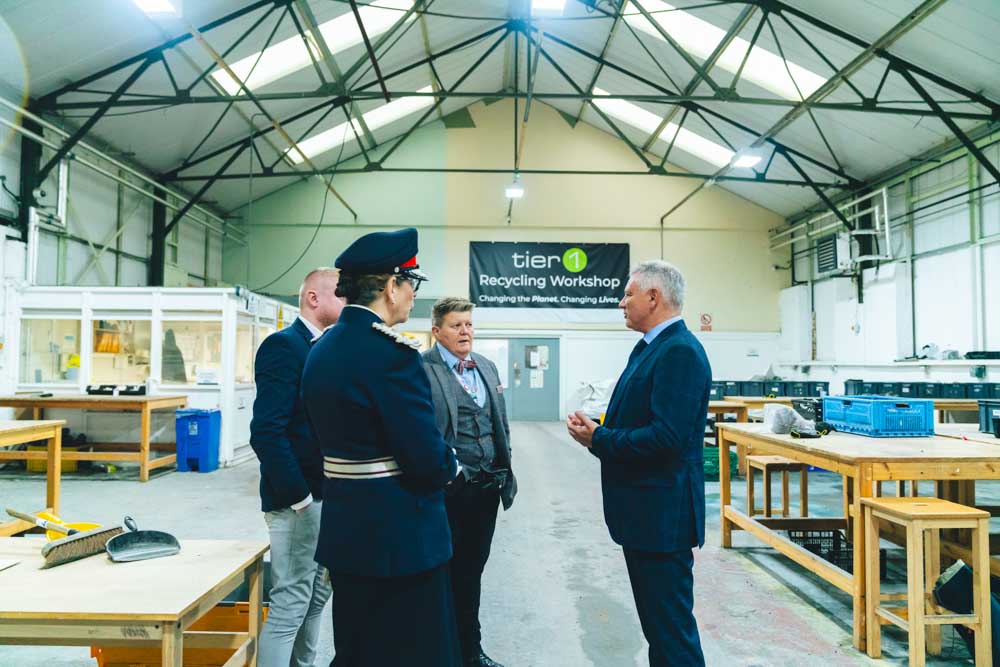UK businesses are facing a perfect storm. The uncertainties around Brexit were immediately followed by the crippling global pandemic, an energy crisis and sky-rocketing inflation. As we head toward another recession, business continuity is once again top of the agenda.
Senior managers convene around board room tables to thrash out ways to reduce corporate spending, navigating the financial crisis to ensure their survival, yet again.
The cost-benefit analysis of new technology is under increased scrutiny as enterprises seek to justify the cost of any additional device. Many have delayed planned upgrade cycles or abandoned them altogether.
Without a doubt, having the right tools for the job is crucial to operational success; regular upgrade cycles are more important than ever in our age of digitisation to help businesses remain competitive. However, in the current financial climate, budgets are simply not stretching as far.
Sustainability and environmental responsibility also remain a top priority for leading corporations following the rise in ethical consumerism and the introduction of the government’s net-zero targets.
Therefore, to preserve both the environment and their IT budget, many organisations are choosing refurbished and redeployed technology as a cost-efficient upgrade alternative, ensuring that CIOs and CISOs continue to effectively balance security, productivity and ROI.

According to recent research, almost 60% of UK businesses now actively choose refurbished hardware over a new device.
Stoner Group. 2021.*
The Stoner Group research also found that 42% of firms purchased a combination of refurbished and new equipment.
What are the business benefits of refurbished technology?
The term refurbished can often imply repaired, leading to the misconception that when buying something that has been restored, it won’t be as good or last as long as a shiny new device.
When considering whether to buy a new or a refurbished laptop, for example, there may be questions about the longevity of a resale purchase; how long should a refurbished laptop last? Are refurbished laptops better than new?
For those seeking alternatives to the 3-year IT refresh cycle, professionally sanitised and refurbished technology can appear brand-new and offer substantial operational benefits.
Budget.
As you might expect, most refurbished IT systems and parts cost far less than buying new.
On average, a refurbished device would save around 70% of the cost compared to buying brand-new.
Small Business.
In part, this is due to the depreciation of any brand-new asset. According to Contractor UK, the rate of devaluation is 25%. Therefore, within 3 years, it will have reduced in value by 75%. Given the average 3- 5-year lifespan of a corporate laptop, on a straight trajectory, the device will have depreciated 100% in just 4 years. Of course, business technology extends beyond desktops and laptops to include smartphones, tablets, POS systems and the expansive Internet of things.
Whilst value falls quickly, that doesn’t mean the hardware is outdated or that they have become end-of-life IT assets. There is plenty of usable life remaining in the components.
A recent U.S survey undertaken by tech trade-in website, decluttr.com, found that smartphones purchased in October – November 2020, lost 42.7% of their value within 12 months. ^
Cost savings can be substantial. Since 2015, Google has refurbished its own servers, saving over $1 billion in operational costs due to increased energy efficiency. According to her report, ‘Circular Economy at Work in Google Data Centres,’ author Ellen MacArthur states, + “there is no distinction made between refurbished and new inventory, both are considered equivalent”.
Environment.
As the fastest-growing global waste stream, any e-waste reduction is a positive step forward, and thankfully, more and more enterprise leaders are looking to reduce their electronic waste. By reducing their technology consumption and switching to a reduce, reuse, recycle’ culture, organisations would contribute to the circular economy, the UN Sustainable Development Goals and their corporate sustainability policy.
This will not only prevent unnecessary disposal and the harmful chemicals leaching into our ecosystems, but environmentally friendly ITAD will ensure components containing many of the earth’s precious metals can be reused, again and again. Our vast global consumption of technology depletes the earth’s finite natural resources, generates emissions from mining, manufacturing, transportation and results in conflict.

Performance.
A surprise to most buyers, refurbished devices and servers deliver exactly the same performance. In 2020, Tech Buyer and the University of East London ran extensive benchmark testing comparing the energy and performance of CPUs, RAM and storage of identical new and refurbished servers. The results revealed identical performance.
Upgrades offer a great deal of flexibility, meaning you can control costs and only renew the specific components you require. For example, you may need to improve the performance of the device if it’s slow to respond. There’s no need to replace the entire laptop when you can replace a mechanical hard disc drive with a chip-based SSD drive, which can be up to 10 times faster than their HDD predecessors. ** Solid state drive security is also superior.
This adaptability means you can choose to replace a specific component for functionality or opt for a premium upgrade where the screen, casing, keyboard and palm rest are all replaced along with internal components; most users couldn’t tell the difference.
Performance is subjective depending on your role and how an employee uses an asset. Therefore, an asset that may have previously been considered to be redundant IT equipment can easily be redeployed.
Data security.
Whether to save your budget or the planet, if you are considering switching to refurbished tech, it is crucial to partner with a highly accredited supplier to protect company data and prevent any potential data governance issues. Many IT asset disposition companies have evolved, not only do they provide secure data destruction services, which reduce the likelihood of a data breach, but have environmental and social impact at their core.
From mobile device recycling to big data ITAD such as data centre decommissioning, it is essential that you receive an IT asset disposal accreditation certificate for any renewed technology you buy. IT asset disposal companies should provide this for every piece of equipment, this tracks the data wiping services provided and supplies you with your all-important ITAD chain of custody.
The EU and UK GDPR data destruction requirements do not only apply when organisations recycle or sell redundant IT assets. Companies buying refurbished equipment must also ensure their compliance; something often unknown by purchasers. By collaborating with an ITAD partner, their comprehensive knowledge of data governance principles will ensure both your compliance and peace of mind.
Testing and Warranties.
One of the most common ITAD myths is the assumption that a renewed asset cannot last as long; it must fail faster than a state-of-the-art model.
In fact, as refurbished devices are already used, failure rates are actually far lower. + Rather than testing every unit, manufacturers only spot-test new models. Comparatively, re-commerce tech vendors extensively test every single asset following secure data erasure. Meticulous multi-point checks and recertification processes are carried out to ensure each device performs optimally, and with reliability.
The statutory manufacturer warranty period is a standard 12 months. ^^ Leading resale companies stand by their refurbished equipment and offer warranties that match the original. Many exceed the original product guarantees with warranties of up to three years.
If purchasing from an ITAD supplier, you may prefer the extended long-term support provided by lifecycle management; longevity and your ROI and will increase when a device is regularly maintained.

Refurbished or redeployed devices are no longer sub-standard in any way. Performance is as good as a brand-new model, whilst testing and warranties often exceed the manufacturers. Helping to resolve many of the financial and ethical operational challenges UK companies are facing, renewed assets are a great way to improve ROI, reduce costs and their carbon footprint.
It is important to select a credible re-commerce provider for your organisation’s technology. An advanced upgrade facility can be a full-service agency delivering comparable technology for a fraction of the cost, boosting your ethical credentials and supporting your transition towards a circular computing model. Moreover, when choosing an ITAD partner, they will also ensure your legal compliance when purchasing; preventing any future data governance challenges.
As the economic climate and our physical environmental climate crises top boardroom agendas, do cyclical upgrade programmes mean we are disposing of our technology long before we should? Do refurbished devices provide a sustainable and far more cost-efficient alternative for UK businesses?
*IT Pro Portal, ^ Tech Radar, +Tech Buyer, ** BackBlaze, ^^ Simplesurance
As the UK’s leading circular economy IT asset disposition organisation, tier1 Asset Management champions reuse over recycling and dispersal over destruction.
To find out how our secure data erasure, refurbishment and re-commerce services can support your organisation – contact us on 0161 777 1000 (Manchester), 01621 484380 (Maldon) or visit www.tier1.com/contactus
Resources.
Tech Buyer, Agility, Small Business, Aura Technology, Woodstock IT, IT Pro Portal, The Tech Lounge, Simple Surance, Contractor UK, Tech Radar, Tech Republic, Back Blaze, Just Entrepreneurs, Circular Economy at Work in Google Data Centres – Ellen MacArthur.



